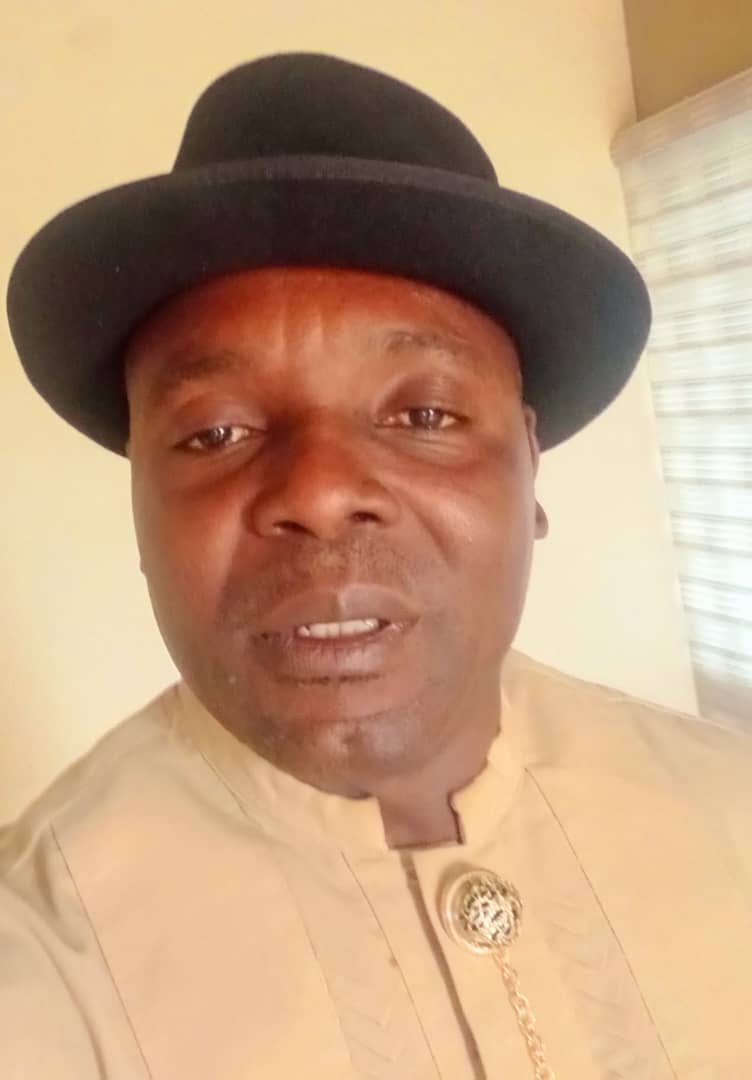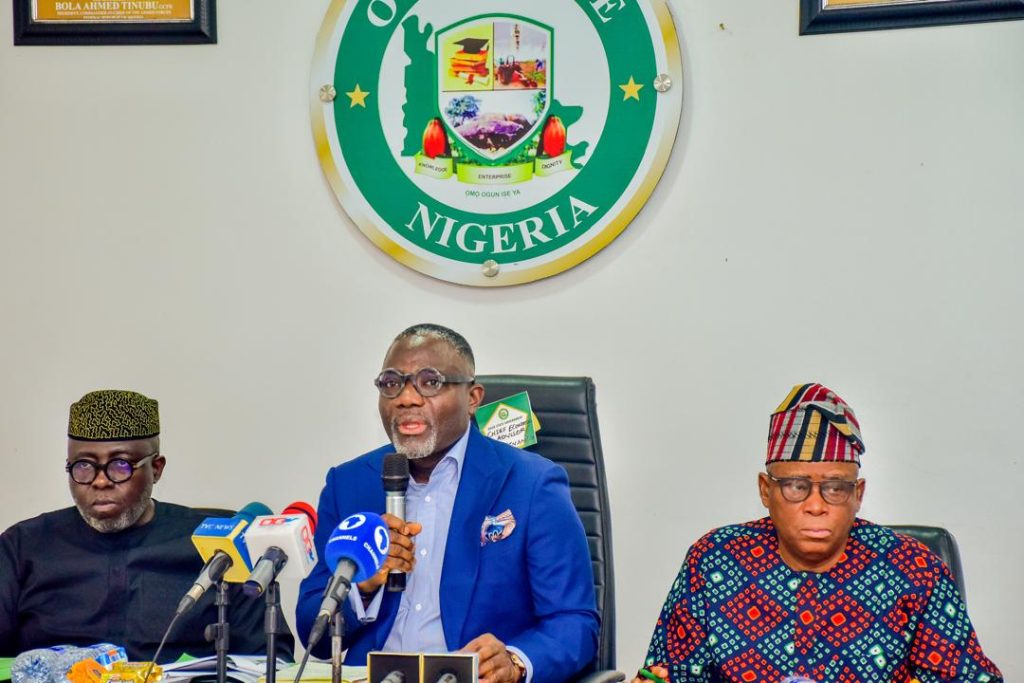Breaking News
Justice Ahiakwo Comments On Lawyers Use of Social Media

Public commentator and legal practitioner, Justice Osai Ahiakwo, has warned that the growing misuse of social media by lawyers endangers professional ethics and public confidence in Nigeria’s justice system.
Speaking with DAILY POST, Ahiakwo said the digital revolution has produced a new breed of online lawyers whose activities often blur the line between legal education and partisan advocacy. While social media helps to enlighten the public, he noted, it has also become a tool for self-promotion and political manipulation.
He explained that many lawyers, especially those in politics, now use digital platforms to influence public opinion on judicial matters — a trend that violates the Rules of Professional Conduct RPC and undermines the dignity of the legal profession.
Before social media, he said, publicity among lawyers was limited to traditional media and largely contained.
“Now, lawyers dominate X, Facebook, and YouTube, discussing court rulings and political disputes more for popularity than professionalism,” he observed.
Ahiakwo described this development as both “innovative and dangerous,” stressing that the “social media lawyer” represents a mix of enlightenment and ethical decay. Quoting Lord Atkin, he warned that freedom of expression must not degenerate into acts that compromise justice.
He noted that the new RPC, effective from 2024, bars lawyers from solicitation and prejudicial commentary on pending cases, yet these rules are violated daily.
“As Justice Oputa once said, when moral rectitude collapses, the temple of justice trembles,” he reminded.
Ahiakwo condemned the rise of lawyer-politicians who weaponize social media to manipulate public opinion or discredit judges.
“Such conduct is unethical and contrary to the lawyer’s oath,” he stated, citing Okike v. LPDC (2005), which classifies acts that bring the profession into disrepute as misconduct.
He urged the Nigerian Bar Association NBA to set clear digital guidelines, promote responsible communication, and strengthen disciplinary measures against online misconduct.
Ahiakwo added that while social media can advance public enlightenment, it must not become a platform for vanity or bias.
“The future of the legal profession depends not on how loud a lawyer speaks online but on how ethically he defends justice,” he said.
Breaking News
Ogun State Government Announces Pension, Gratuity Backlog Clearance Between 2012 and 2020

The Ogun State Government has announced the clearance of pension and gratuity arrears owed to workers who retired between 2012 and 2020, reaffirming its commitment to the welfare of retirees.
The Economic Adviser and Commissioner for Finance, Dapo Okubadejo, disclosed this on Tuesday during a media parley organised by the Ogun State Ministry of Budget and Planning.
Okubadejo explained that the backlog was linked to the Defined Benefits Scheme, under which retirees receive monthly pension payments, stressing that the present administration of Governor Dapo Abiodun has not defaulted on pension obligations since assuming office.
“Since the inception of this administration, we have not missed a single month of pension payment. What we inherited were arrears tied to the Defined Benefits Scheme,” he said.
According to him, annual pension payments rose from ₦6.7 billion in 2019 to ₦20 billion in 2025, with projections showing a possible increase to ₦40 billion by 2029.
He disclosed that the state had so far paid ₦23.3 billion in gratuities covering retirees from 2012 to 2020, alongside ₦32.8 billion in outstanding gratuities for local government retirees inherited by the administration.
Okubadejo added that between 2019 and July 2, 2025, the state disbursed ₦93.26 billion in pensions under the Defined Benefits Scheme and ₦94.78 billion to local government pensioners.
He assured that the remaining backlog would be cleared as Internally Generated Revenue (IGR) continues to improve, noting that over 300 workers who retired in July 2025 are currently receiving six-month palliatives pending the completion of their pension documentation.
The commissioner also described the newly approved Additional Pension Benefits (APB) as the first of its kind in Nigeria, adding that amendments to the state’s pension law would be pursued to formally integrate the scheme.
On the state’s fiscal outlook, Okubadejo revealed that the 2026 budget increased from ₦1.054 trillion in 2025 to ₦1.668 trillion, while Ogun’s economy expanded from ₦3.5 trillion in 2019 to ₦18.96 trillion in 2026.
He added that IGR grew from ₦50 billion in 2019 to ₦240 billion in 2025, with projections of ₦512 billion this year.
Also speaking, the Commissioner for Budget and Planning, Olaolu Olabimtan, said the 2026 budget reflects strong fiscal reforms, noting an 85 per cent budget execution rate in 2024 and sustained financial stability.
Other commissioners highlighted sectoral achievements, including massive road construction, increased healthcare funding, rail extension plans, education support programmes, and expanded housing projects across the state.
Breaking News
2027 Election: Vote for Change – Peter Obi Urges Nigerian People

African Democratic Congress, ADC, chieftain, Peter Obi, has urged Nigerians to focus on the country’s future and vote for a change in leadership.
Obi spoke at a meeting with Hausa/Fulani chiefs in Abuja on Wednesday.
“We have to talk about the future of our country. All of you know what is happening to our country today. That’s why we are campaigning that you vote out this government,” he said.
He described the situation in Nigeria as dire, citing insecurity, hunger and hardship.
“today we have insecurity across Nigeria. We have hunger across Nigeria. We are suffering across Nigeria. The only thing that is working in Nigeria today is bad news. Every morning you wake up is bad news,” Obi stated.
The former Labour Party presidential candidate said a new administration would prioritize social services.
“We’re urging you to vote for a change and bring a new Nigeria, where our children will be in school. Our hospitals will work,” he added.
Obi also questioned government spending priorities, particularly in the health sector.
“today, if you’re sick in Nigeria you’re praying to Almighty God because we’re now in a country where our president spends 360 billion to buy and refit his plane and spends 36 million in capital vote for the Ministry of Health. There’s nothing working,” he said.
He appealed to Nigerians to use their votes to usher in what he described as a “new Nigeria” focused on improving citizens’ welfare and restoring key public services.
-

 Breaking News2 months ago
Breaking News2 months agoBreaking News: Nigerian Air Force Reportedly Kills 750 Terrorists in Borno State
-

 Breaking News3 months ago
Breaking News3 months agoTerrorists Want ₦2m ‘levy’ in Katsina Community Despite Peaceful Agreement
-

 Breaking News4 months ago
Breaking News4 months agoEx-EFCC Exhibit Keeper Kaduna Zonal Directorate, Allegedly Steals ₦22m
-

 Breaking News5 months ago
Breaking News5 months agoNiger Delta Group hails Tinubu, NUPRC for ₦373bn host community fund and 536 life-changing projects
-

 News In Diaspora1 month ago
News In Diaspora1 month agoNigerian JTF Arrests Woman Supplying Drugs to Boko Haram
-

 Breaking News3 weeks ago
Breaking News3 weeks agoNew Young Players are Coming in Super Eagles – Ibrahim Gusau to Fans
-

 Business3 weeks ago
Business3 weeks agoBREAKING: No Fewer Than 28 Ships to deliver Petrol, other Commodities at Lagos Ports
-

 Breaking News3 weeks ago
Breaking News3 weeks agoEmergency: Arik Air Flight Landed at Benin Airport
